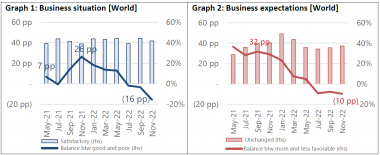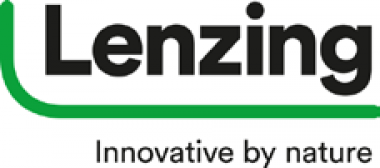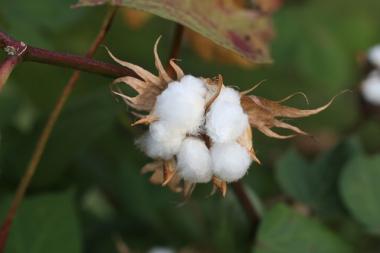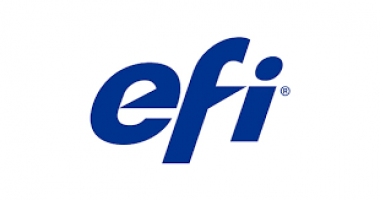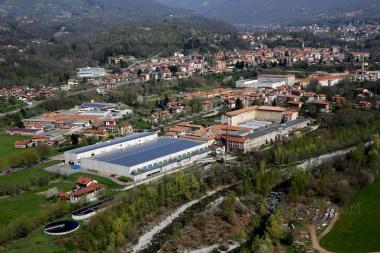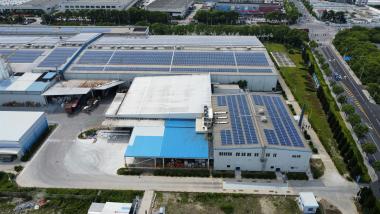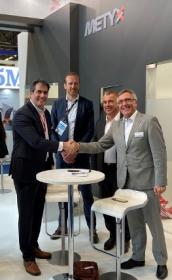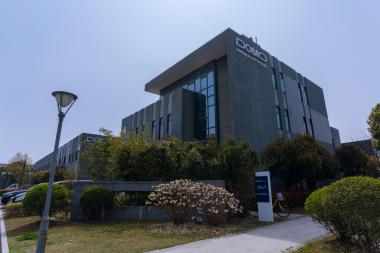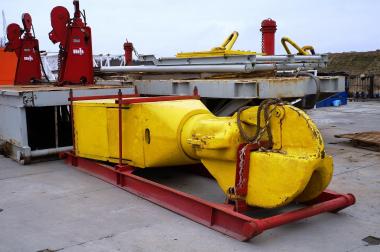OEKO-TEX®: New Branding for 30th anniversary
In its 30th year of dedication to safer textiles and leather, OEKO-TEX® has created a new brand identity. The global certifier of textile and leather products and production worked with branding agency Schwitzke ID to build the clear and unified OEKO-TEX® World.
Based on scientific principles, OEKO-TEX® has been promoting transparency in the textile and leather industry for three decades. Transparency is essential for enabling companies and consumers to make responsible decisions. “The new branding reflects the active, solution-oriented and positive approach. With our independent test institutes, we certify to clear, globally uniform criteria, which we communicate openly," says Inga Bleyer, Global Head of Marketing. "Our new look is clear, consistent and transparent."
The most visible change is the new OEKO-TEX® logo, based on a geometric square and an organic circle, which reflect the scientific approach of OEKO-TEX® and the nature it aims to protect. The logo typo is supported by a stylized, organic form reminiscent of natural structures, such as leaves, drops or textile loops. The reduced colour palette highlights the umbrella brand with a new OEKO-TEX® Green plus black and white. A related colour palette supplements communication about OEKO-TEX® products. The product logos are subordinate to the umbrella brand, creating a unified hierarchy.
The lengthy transition period through 2024 considers sustainability. Customers should start the conversion now and may use any existing labels through the end of 2024.
Oeko-Tex GmbH





